Perek Shira – Chapter 3: Trees and Produce
אִילָנוֹת שֶׁבְּשָׂדֶה אוֹמְרִים אָז יְרַנְּנוּ עֲצֵי הַיָּעַר מִלִּפְנֵי יי כִּי בָא לִשְׁפּוֹט אֶת הָאָרֶץ
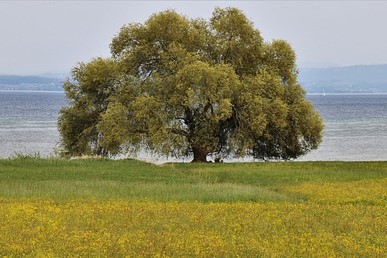
This verse refers to “the trees of the field,” but the corresponding verse in Psalms 96:12 says “all the trees of the field.” What’s excluded? The midrash in Vayikra Rabbah explains that our verse from Chronicles refers specifically to fruit trees.
גֶּפֶן אוֹמֶרֶת כֹּה אָמַר יי כַּאֲשֶׁר יִמָּצֵא הַתִּירוֹשׁ בָּאֶשְׁכּוֹל וְאָמַר אַל תַּשְׁחִיתֵהוּ כִּי בְרָכָה בּוֹ כֵּן אֶעֱשֶׂה לְמַעַן עֲבָדַי לְבִלְתִּי הַשְׁחִית הַכֹּל
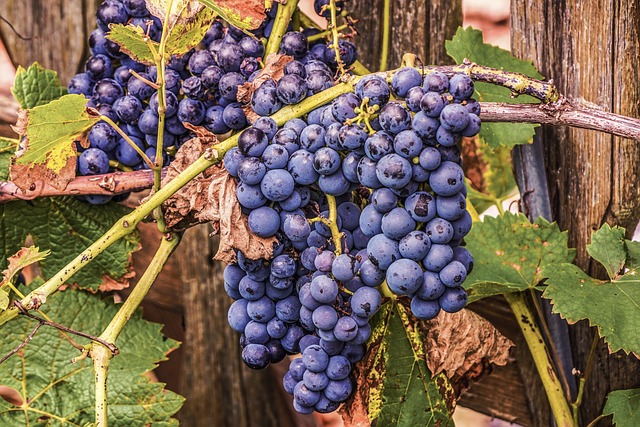
Targum Yonason explains that “the cluster” refers to the generation of the flood, and “the wine” is Noah, the righteous man who was saved. Just as God spared Noah in order to rebuild the world, so He will do for His righteous servants.
תְּאֵנָה אוֹמֶרֶת נֹצֵר תְּאֵנָה יֹאכַל פִּרְיָהּ
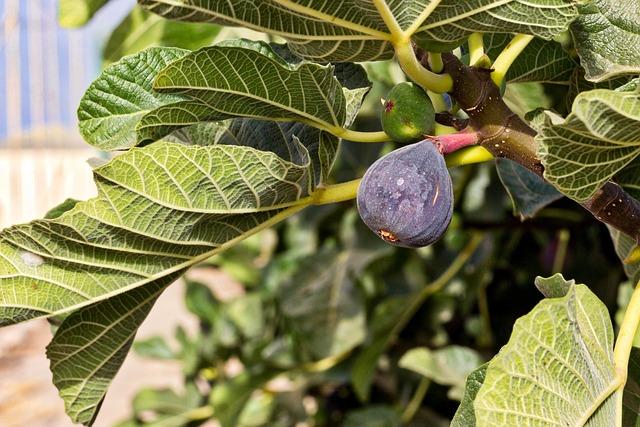
The Talmud in Eiruvin (54a-b) asks why the Torah is compared to a fig tree. Based on this verse, it answers that just as one can always find figs when searching a fig tree, one who contemplates Torah matters will always find new meaning in them.
רִמּוֹן אוֹמֵר כְּפֶלַח הָרִמּוֹן רַקָּתֵךְ מִבַּעַד לְצַמָּתֵךְ
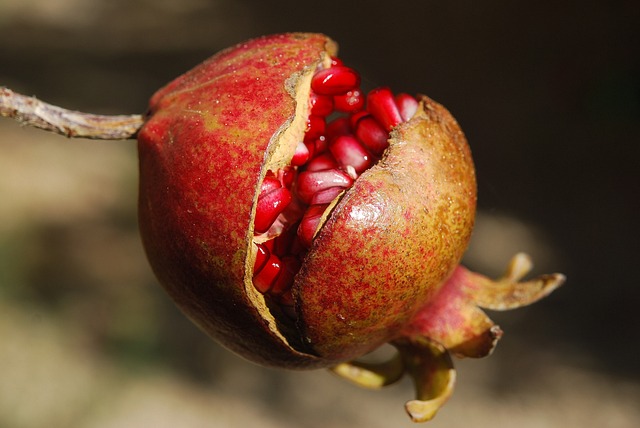
Rashi explains that in Talmudic idiom, the temples are called “the pomegranate of the face.” In its simple meaning, this verse seems to be praising a woman’s beauty. Metaphorically, however, the word רַקָּתֵךְ suggests רֵיקָנִים – “empty” people. Even the emptiest of us, we are told, is as full of mitzvos as a pomegranate is full of seeds.
תָּמָר אוֹמֵר צַדִּיק כַּתָּמָר יִפְרָח כְּאֶרֶז בַּלְּבָנוֹן יִשְׂגֶּה
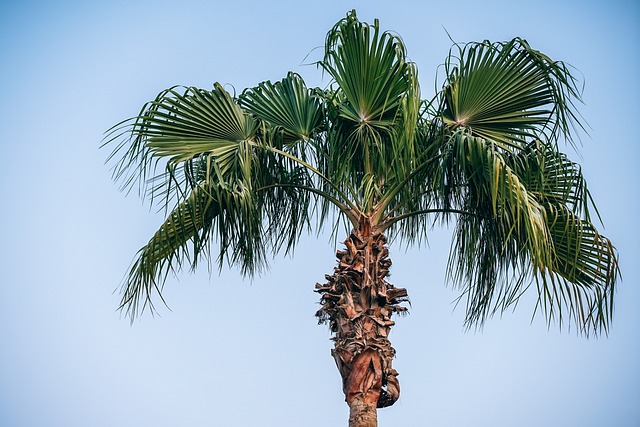
The gemara in Taanis (25a-b) asks why the righteous are compared both to a palm tree and to a cedar. It answers that you shouldn’t think that the righteous don’t grow back when cut (like a date palm), so it adds the cedar. Similarly, you shouldn’t think that the righteous are fruitless (like a cedar), therefore it adds the date palm.
תַּפּוּחַ אוֹמֵר כְּתַפּוּחַ בַּעֲצֵי הַיַּעַר כֵּן דּוֹדִי בֵּין הַבָּנִים בְּצִלּוֹ חִמַּדְתִּי וְיָשַׁבְתִּי וּפִרְיוֹ מָתוֹק לְחִכִּי
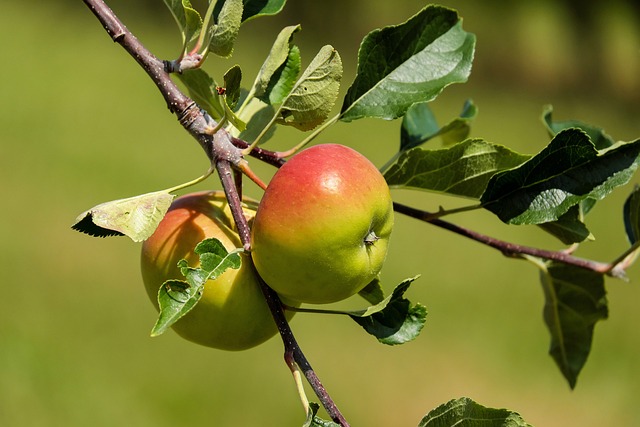
The midrash in Shir HaShirim Rabbah gives several reasons Israel is compared to an apple: an apple tree produces blossoms before leaves and the Jews put naaseh (“we will do”) before nishma (“we will hear”); apples ripen in the month of Sivan and the Jews “ripened” in Sivan (when the Torah was given); apples take 50 days to ripen, as did the Jews (it was 50 days from the Exodus to Sinai).
שִׁבֹּלֶת חִטִּים אוֹמֶרֶת שִׁיר הַמַּעֲלוֹת מִמַּעֲמַקִּים קְרָאתִיךָ יי
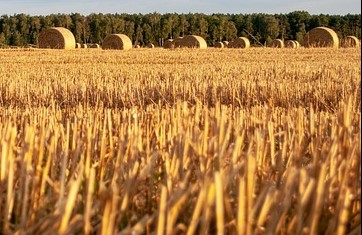
A person may not stand on something high like a bed, a bench or a chair when he prays; rather, one must pray from a low spot, as it says, “From the depths I called to You, Hashem” (Machzor Vitry, Hilchos Shabbos, based on Brachos 10b).
שִׁבֹּלֶת שְׂעוֹרִים אוֹמֶרֶת תְּפִלָּה לְעָנִי כִי יַעֲטֹף וְלִפְנֵי יי יִשְׁפֹּךְ שִׂיחוֹ
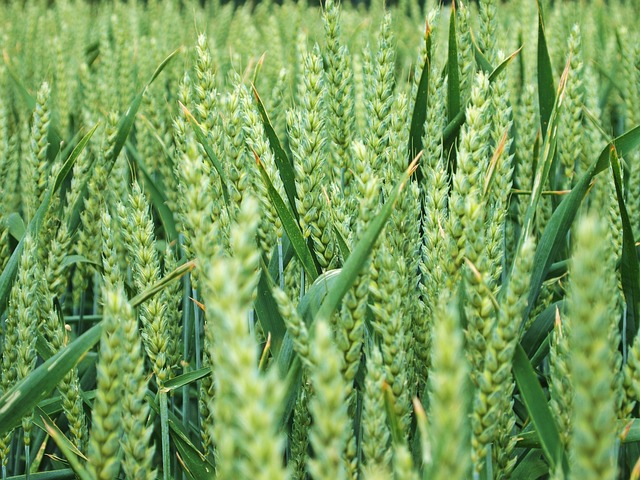
The Radak explains that this psalm was written as if recited by the exiles of Babylonia, Persia and Media, who were in great distress. One who prays from such distress bends down, wrapping himself up in his limbs (perhaps by curling into a fetal position).
שְׁאַר שִׁבּוֹלִים אוֹמְרִים לָבְשׁוּ כָרִים הַצֹּאן וַעֲמָקִים יַעַטְפוּ בָר יִתְרוֹעֲעוּ אַף יָשִׁירוּ
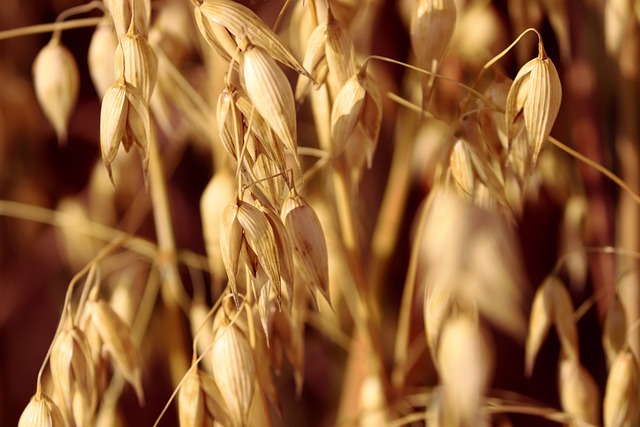
Rav Kook writes that shemittah (the sabbatical year) and yoveil (the Jubilee year) will adorn the land of Israel, which will respond by granting the people all the spiritual treasure that it contains, commensurate with the joy of shemittah and yoveil (Shabbat Ha’aretz).
יְרָקוֹת שֶׁבַּשָּׂדֶה אוֹמְרִים תְּלָמֶיהָ רַוֵּה נַחֵת גְּדוּדֶהָ בִּרְבִיבִים תְּמֹגְגֶנָּה צִמְחָהּ תְּבָרֵךְ
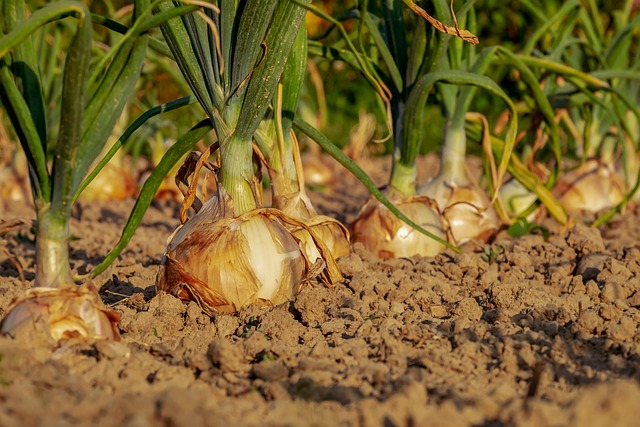
What happens if the Jews are found lacking on Rosh Hashana, causing God to issue an irrevocable decree for a year of scant rain, but they later repent? According to the Talmud Yerushalmi (Rosh Hashana 1:3), this verse reflects God’s “plan B” so that He may provide for us without “reversing” Himself.
דְּשָׁאִים אוֹמְרִים יְהִי כְבוֹד יי לְעוֹלָם יִשְׂמַח יי בְּמַעֲשָׂיו
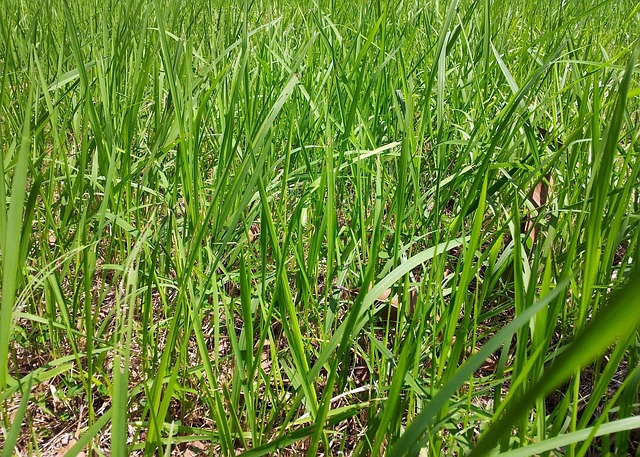
The Malbim says that if humans lived forever, God’s glory as Creator would not be so evident, as people would consider themselves to be self-existent. Since generations come and go, people recognize their Creator and honor Him. Hashem therefore rejoices in His works, which are eternal.
